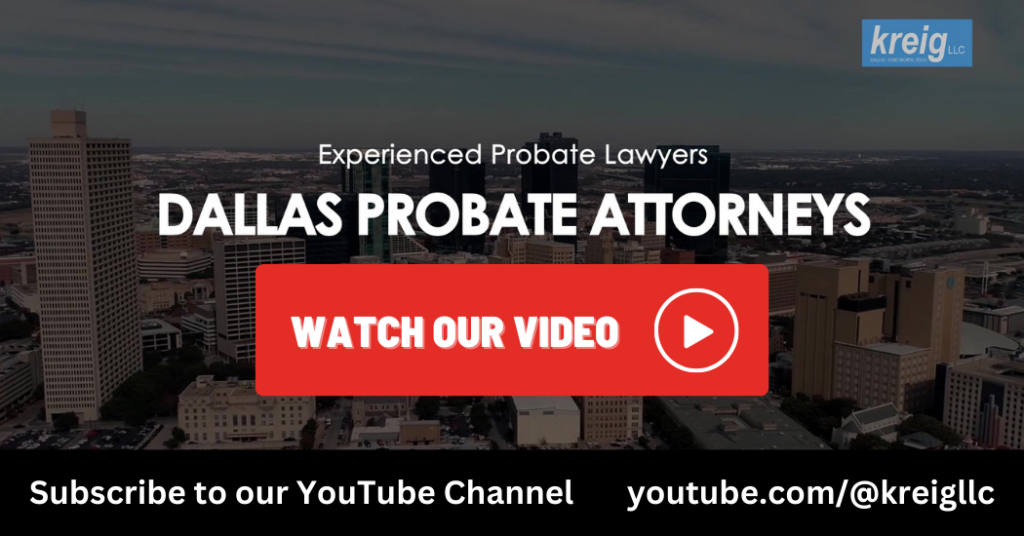A pour-over will can be used in situations where privacy is a concern. This is especially true if the pour-over will is combined with a living trust.
In this case study, we will explore the probate process of a pour-over will involving real estate owned by the decedent for 66 years. We will discuss the steps involved in transferring the property into the trust and selling it to a neighbor who has been interested in purchasing it for 10 years, to explain how this estate plan can add a layer of privacy to the transaction.
The Pour Over Will & Circumstances
The decedent owned a piece of real estate for 66 years. He passed away recently.
His survivors found that he had a pour-over will and revocable trust that his estate planning attorney had set up.
The pour-over will left the entire estate, which includes the property, to the trust.
The decedent’s son was named as the executor in his will. None of the other family members were privy to the terms of the trust. The trust included specific language saying that parts of the trust were to be kept confidential.
Under the terms of the trust, the trustee was authorized to sell the real estate to the neighbor. The neighbor had been trying to buy the real estate for 10 years. The decedent had running disputes with the neighbor, but over time, their mutual destructive acts became a competition and, seemingly, something that both parties enjoyed.
Had the pour-over will and trust not existed, the whole arrangement would have been public and, given the known hostilities, the surviving family members would likely not have sold the real estate to the neighbor.
What is a Pour Over Will?
Why did this arrangement work? Let’s start by explaining what a pour-over will is.
A pour-over will is a legal document that, as in this case, is used in conjunction with a living trust. It allows any assets that were not transferred to the trust during the grantor’s lifetime to be “poured over” into the trust upon their death. The assets will then be distributed according to the terms of the trust.
In Texas, pour-over wills are generally recognized and allowed under state law. The Texas Estates Code provides provisions for the creation and enforcement of wills. These same rules apply to pour-over wills.
By including a pour-over provision in your will, you can ensure that any assets not specifically designated to the trust are transferred to it upon your death.
Benefits of a Pour-Over Will
A pour-over will can offer several benefits. One of the primary benefits is the orderly disposition of property. The pour-over will can allow one to name a trustee who can manage assets over a longer period of time and to take very specific actions with respect to the property. It also allows one to be more precise and detailed than they might be with a will. This can ensure that the decedent’s wishes are carried out with respect to the property after his death.
A pour-over will and a living trust combination allows for increased privacy. Unlike probate proceedings, which are generally public, the administration of assets through a trust occurs outside of the public eye. This maintains the privacy of one’s estate plans and financial details.
A pour-over will also grant one flexibility and control over their assets during their lifetime without having to constantly update their will or execute a new will. It is easier to change a trust during a lifetime than it is to modify a will. One can modify or revoke the trust, add or remove assets, and update beneficiary designations as needed. This adaptability ensures that assets are managed according to one’s changing circumstances and evolving wishes.
Probate Process of a Pour-Over Will
So you may be wondering how the probate process differs when it involves probating a pour-over will. Let’s consider the probate steps to answer this.
The first step in probating a pour-over will in Texas is to file an application to probate the will in the county where the decedent lived. The executor named in the will, the deceased son, will need to file the application. If the deceased son is unable or unwilling to act as the executor, the prospect named in the will can apply to be appointed as the executor.
Once the application is filed, the court will set a hearing to determine the validity of the will and appoint the executor. If the will is valid, the executor will be appointed, and the court will issue Letters Testamentary, which give the executor the legal authority to act on behalf of the estate. This part of the proceeding is public.
The next step in the probate is to pay creditors and make distributions. Distributions are usually made by transferring property to the trust. If the decedent already transferred the property into the Trust during her lifetime, this step may not be necessary. However, if the property was not transferred into the trust, the executor will need to file a deed transferring the property into the trust’s name. For most assets, this is not public. The ultimate distributions from the trust are also not public.
The last step in the probate is to file the inventory. This is public. When there is a pour-over will, the assets may need to be disclosed on the inventory. An affidavit in lieu of inventory can often be used to avoid this disclosure.
Selling the Property
The note above about selling property should also be considered. The decedent did not want others to know that the property was to be sold to the neighbor. The decedent had a long and complex relationship with the neighbor and the sale to the neighbor was a secret act of contrition to the neighbor for the years of strained relations and mutual bad acts.
The decedent set up his estate plan this way to avoid disclosing his act of contrition, but also to ensure that his executor carried out his wishes as his family members might not have done so otherwise.
Given that the living trust was not public, the transfer to the trust by the pour-over will masked how the beneficiaries of the trust were to be paid (they were to be paid the proceeds from the sale of the property to the neighbor).
Once the property was in the trust’s name, the trustee just had to sell the property to the neighbor and distribute the cash proceeds. In this case, the Trustee is authorized to sell the property to the neighbor for $2 million, as agreed upon by the decedent in his trust document. The trustee did so, kept back funds to pay taxes on the sale, and then made the trust distributions.
Conclusion
The pour-over will can be an effective estate planning tool. This is particularly true when it is combined with a living trust. This case study demonstrates the steps involved in transferring the property into the trust and using the trust to sell real estate to a neighbor per the decedent’s wishes. It did so by providing privacy and specific instructions, which are possible with this arrangement.
Our Dallas Probate Attorneys provide a full range of probate services to our clients, including helping with pour-over wills. Probate is what we do. Affordable rates, fixed fees, and payment plans are available. We provide step-by-step instructions, guidance, checklists, and more for completing the probate process.We have years of combined experience we can use to support and guide you with probate and estate matters. Call us today for a FREE attorney consultation.
Disclaimer: The content of this website is for informational purposes only and should not be construed as legal advice. The information presented may not apply to your situation and should not be acted upon without consulting a qualified probate attorney. We encourage you to seek the advice of a competent attorney with any legal questions you may have.
Don't miss out, get a copy today!












